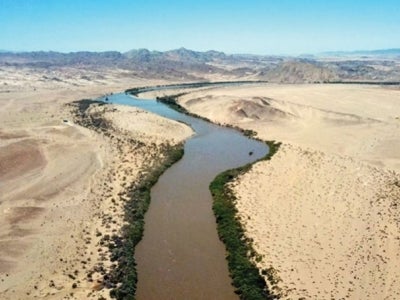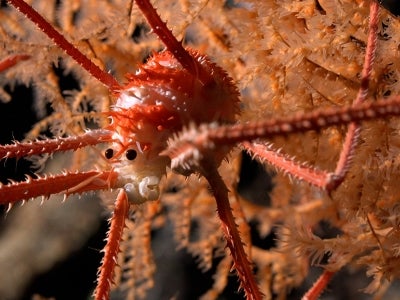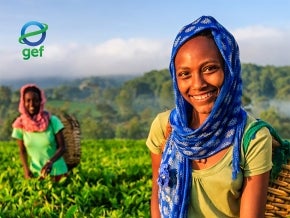
In an interview with The Economist Group’s World Ocean Initiative, Naoko Ishii, CEO and Chairperson of the GEF, calls for a fundamental rethink in our relationship with the environment to support a sustainable economy and social well-being.
Please could you provide a brief overview of the Global Environment Facility?
The Global Environment Facility (GEF) is a grant-making institution established in 1991 to help developing countries find solutions to the world’s most pressing environmental problems. Since then, the GEF has provided around $20 billion in funding and mobilized an additional $107 billion in co-financing for more than 4,700 projects in 170 countries.
The GEF’s mission is to safeguard the global environmental commons including the climate, biodiversity, land, water, and the ocean. We take an ecosystem-based approach combined with global and local governance mechanisms, which is important because many sustainability challenges cut across national boundaries. This is especially true of ocean issues such as overfishing, coastal water pollution from agriculture, and marine plastic pollution. The solutions are usually found in bringing stakeholders together and reconciling competing needs.
Could you tell us how the GEF is supporting marine conservation and the creation of a sustainable blue economy?
The ocean is a significant part of the GEF’s portfolio and we have funded a range of successful projects. A good example is our fisheries management project in the west and central Pacific Ocean, which is home to over half of the world’s tuna stocks. We worked with 15 small island states including Nauru, Kiribati, Tuvalu, Samoa, Tonga, and the Marshall Islands to create a convention for the conservation and sustainable use of tuna. The GEF provided the resources, amounting to a total financing envelope of $111 million, needed to monitor and enforce the agreement.
As a result of the project, from 1998-2012, there has been a 500% increase in the value of tuna caught in the area, and up to a 1,000% increase in the contribution of fishing to GDP in seven of the countries. The project conserves tuna stocks for future generations. In 2019, the GEF further approved an investment with an envelope of $93 million to support regional and national action for sustainable management of the Pacific tuna stocks.
At a global level, the GEF has helped to prevent the spread of invasive species which are carried across the ocean in the ballast water of ships. Examples include the comb jellyfish from the western Atlantic, which in European waters is a voracious predator that both consumes and steals prey from native fish. It is estimated that invasive species cause around $100 billion of damage per year.
Working with the International Maritime Organisation (IMO) and the shipping industry, the GEF created the GloBallast Programme with investments of close to $35 million, which led to the 2004 ballast water management convention setting out rules to control the transfer of species. The requirements have created a new ballast water treatment industry which is expected to grow into a $35 billion market over the next decade.
How does the GEF achieve maximum value and benefit for sustainable development?
Our annual budget of $1 billion may sound like a lot, but it is a small amount of money given the scale of the global sustainability crisis. The challenge is how we place that “drop in the ocean” in the right place to maximise its impact. I believe working with committed businesses and governments is the best way to do this.
The annual global risks report for the World Economic Forum in Davos found that the five most likely risks facing the global economy are environmental—the first time this has happened. At Davos, I saw more and more companies seriously committed to doing things differently to mitigate these risks.
The health of the global environment is worsening and political leaders seem unable—and some even unwilling—to take the action needed, especially to cut carbon emissions. In the crucial year of 2020, how can we increase countries’ ambition and make better progress on sustainable development?
With the UN ocean conference in Lisbon, the biodiversity convention in Kunming, and the COP26 climate talks in Glasgow, 2020 is a “super-year” of environmental events. This is a great opportunity to understand the root cause of the environmental crisis. It’s not just a carbon issue, fundamentally it’s a collision between nature and human activities—climate change is just one aspect.
We need to change our economic system so that we can continue to prosper within planetary boundaries. The real challenge is how to open up people’s minds to recognize this. The year 2020 will be a great opportunity to do this. Although the final outcome of COP25 was a disappointment, it showed that people are demanding action on climate change. Businesses increasingly understand that their bottom lines are threatened by environmental challenges. A coalition of governments, citizens, and businesses can achieve the paradigm shift in our economy.
This piece was originally published by the The Economist Group's World Ocean Initiative.


